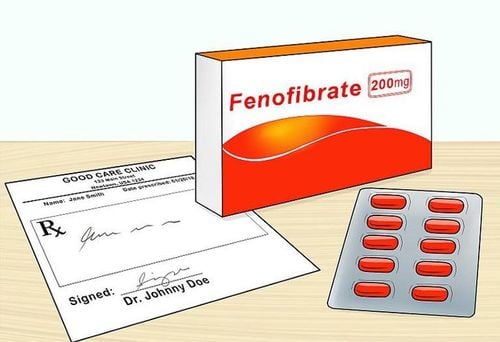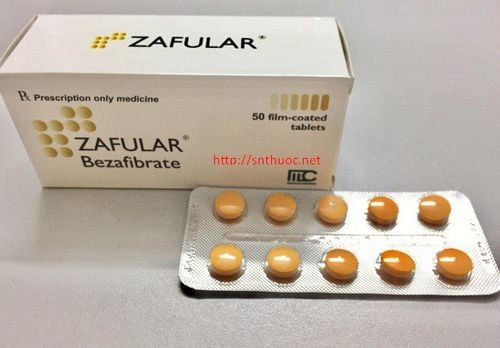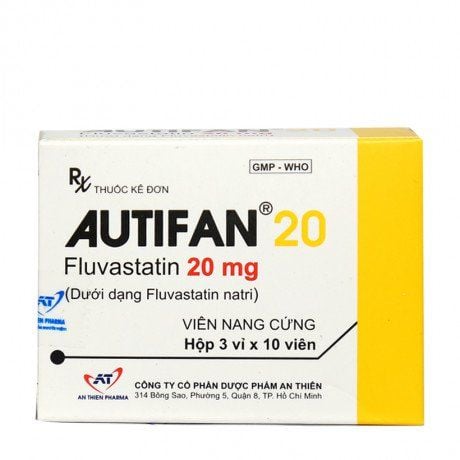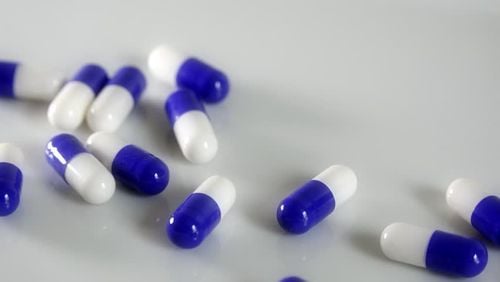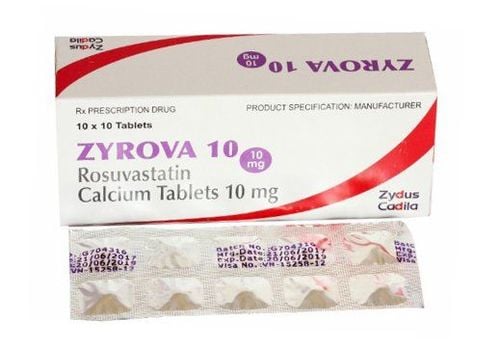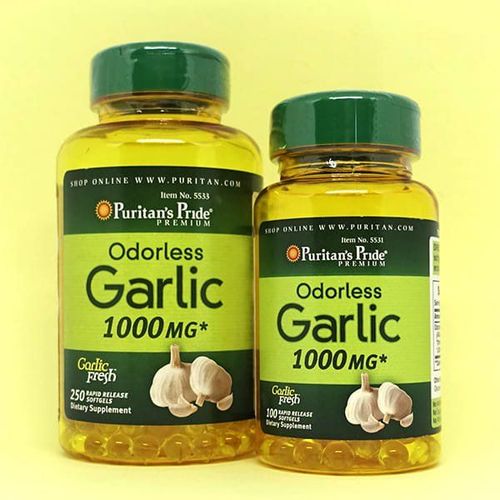This is an automatically translated article.
Fibricor is a medication used to treat symptoms that increase the risk of atherosclerosis. Fenofibric acid present in fibricor will reduce blood fat and cholesterol in the blood. Fibricor is a prescription medication and is used under the direction of a doctor.
1. What is the effect of fibricor?
Fibricor works to lower cholesterol and harmful fats (such as LDL, triglycerides) and increase "good" cholesterol (such as HDL) in the blood. Sometimes, Fibricor is also taken with other cholesterol-lowering drugs.
With the mechanism of action by increasing the natural enzyme to break down fat in the blood. Fenofibric acid belongs to a class of drugs known as "fibrates," which work to lower triglycerides in people with high cholesterol and help reduce the risk of pancreatic disease (acute pancreatitis). However, fibricor did not prevent the risk of stroke and myocardial infarction. Besides having an appropriate and healthy diet (eating less cholesterol and less fat, adding more green vegetables and fruits), changing the scientific living habits such as regular exercise, weight loss If obese, not using stimulants (such as alcohol, beer, tobacco) is also a very beneficial thing. The combination of a healthy diet and a scientific lifestyle will help increase the effectiveness of fibricor.
2. How to use Fibricor
Carefully read the instructions for use that come with the medicine before taking it. You should only take the medicine as directed by your doctor and do not buy it on your own. Take the correct dose of fibricor your doctor has prescribed for you, with or without food. Usually taken once a day, when taking the tablet should be swallowed whole, not crushed or chewed. The dosage of fibricor depends on the individual's medical condition and response to treatment.
If you are also taking certain other medications to lower cholesterol (such as cholestyramine or colestipol bile acid-binding resin), take fibricor at least 1 hour before or at least 4 to 6 hours after taking these medications. These drugs can bind with fenofibric acid, preventing the drug from being completely absorbed.
Should take fibricor every day, exactly as the doctor has prescribed to achieve the best effect that the drug brings. Remember to take your medicine at the same time, at the same time every day. Do not increase or decrease the dose on your own, do not stop the medicine suddenly, even if you feel like you have recovered. Because of the cholesterol and triglyceride levels in the blood, they won't drop as soon as you take the medicine. With continued use of the drug, it may take up to 2 months before fibricor becomes effective. It is very important to follow your doctor's advice about diet and exercise, which will help you get more out of your medication.

Thuốc Fibricor được dùng theo hướng dẫn của bác sĩ chuyên khoa
3. Side effects of fibricor
When using fibricor, it rarely causes gallstones and liver problems. Common side effects are:
Nausea or vomiting Loss of appetite, stomach pain right after eating a meal Jaundice (yellowing of the skin or eyes) Dark urine Runny nose, sneezing Abnormal laboratory indicators often. The drug fibricor rarely causes muscle-related problems (most severe is rhabdomyolysis). Call your doctor and tell him if you experience any of the following serious symptoms:
Muscle pain, weakness (especially accompanied by fever or unusual tiredness), associated with kidney problems (such as change in the amount of urine) Painful skin, red, easy bleeding and bruising, fatigue Sudden chest pain, cough, wheezing Swelling, heat in the legs or hands Signs of infection infection (such as sore throat, fever, swollen lymph nodes, chills, cough) Serious allergic reaction including: rash, itching, swelling especially of the face, throat, tongue. Rarely, the drug fibricor lowers good cholesterol (HDL). Your cholesterol (HDL) levels should be checked regularly.
This is not a complete list of possible side effects. If you notice other effects not listed above, contact your doctor for proper instructions.
4. Notes when using fibricor
Before taking fibricor, tell your doctor if you are allergic to fenofibric acid or to another class of fibrates (such as fenofibrate) or if you have ever had any other allergies. fibricor may contain ingredients that cause allergic reactions or other problems. Inform your doctor for advice on how to best use it.
If you have a history of the following conditions including:
Kidney disease Liver disease (such as cirrhosis, hepatitis ) Gallbladder disease ( cholangitis ) Alcohol use Please inform your doctor to be weighed. prompts whether to use it or not.
During pregnancy, fibricor should be used only when clearly needed. Because it can pose risks to the baby in the womb. If you are breastfeeding, absolutely do not use this cholesterol-lowering drug. Because the ingredients in fibricor can pass into breast milk, when the baby suckles, it will cause poisoning. Breastfeeding is not recommended while using this medicine and for at least 5 days after stopping it. Consult your doctor for proper instructions.

Trước khi dùng thuốc fibricor, người bệnh cần hỏi ý kiến bác sĩ
5. What drugs interact with fibricor?
Interactions between fibricor with other drugs may change the mechanism of action of the drug or increase the risk of serious side effects. Tell your doctor about all the medications you are taking (including prescription, over-the-counter and herbal products, vitamins, supplements, etc.). During treatment with fibricor, do not stop or change the dose of the drug without your doctor's consent. Always follow your doctor's instructions to perform well.
Some drugs can interact and make Fibricor much less effective when taken at the same time as:
Other cholesterol-lowering drugs (such as colestipol, cholestyramine, colesevelam. Colchicine; Anticoagulants such as warfarin, Coumadin, Jantoven Medicines that weaken the immune system such as cancer drugs and steroids . Not all drugs that interact with fibricor are listed here. Tell your doctor about all medications you are taking to get the best advice from your doctor.
Tests (eg. (e.g. blood cholesterol, triglycerides, kidney and liver function tests, complete blood count) should be performed periodically to monitor progress and check for possible side effects. Consult your doctor for more detailed information.
6. What to do if you overdose or miss a dose?
If you take more than the prescribed dose and have symptoms such as shortness of breath or fainting. Immediately call the nearest doctor or healthcare provider for assistance.
If you forget to take a dose, take it as soon as you remember. But, if it is almost time for your next dose, skip the missed dose and take your next dose as usual. Do not take two doses at the same time as this can cause serious reactions.
Should store fibricor at room temperature, away from sunlight and moisture. Do not leave medicine in the bathroom. Do not keep near children and pets. Check the information on each medicine on the package for the best way to store the medicine.
Please dial HOTLINE for more information or register for an appointment HERE. Download MyVinmec app to make appointments faster and to manage your bookings easily.
Reference source: webmd.com



